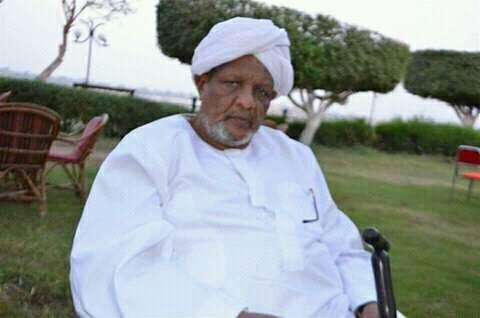As we continue reminding our readers of real pictures taken from the front-line of October War, spirits of pride and glory are coming out. Although many cinema movies tried to embody the great moment, real pictures are always better.
Sometimes photos and people become two sides of one coin. In this case, both sides represent victory.
Mohamed Effendi held the Egyptian flag on the territory of Sinai after restarting it from Israel
When the image and its owner become a symbol of one case, a victory is called by his name
“Mohammed Effendi raised the flag and made us proud.”
The above-mentioned slogan is so well-known in Egypt as Solider Mohamed Abdel Salam El-Abbasi was the first to raise the Egyptian flag. He is known as Mohamed El-Abbasi or Mohamed Effendi.
El-Abbasi was born in Sharqia governorate. He joined a non-governmental school to memorize the Holy Quran. He completed the primary and preparatory grades at Al-Qarin schools. He did not join the secondary school, but he joined the military during the war time.
When the Zero hour came and the Egyptian forces crossed the Suez Canal, he was at the frontlines towards the Bar-Lev line. He did not care about mines and barbed wire. He opened fire at the soldiers guarding the Israeli emplacements.
In the meantime, the Egyptian artillery was firing shells along the line of the Canal. The Egyptian soldiers crossed the Canal and El-Abbasi raise the flag on the land of Sinai.
The photo has been circulated among Egyptians for several years. It mans victory to many new generations.
Not only the deep and meaningful pictures were well taken, but also the Egyptian soldiers were also good at creating new ideas.

Ahmed Edris faced a major problem
The secret of Nubian language
The then-military leaders faced a major problem during the October War.They wanted to overcome the crisis of Israel's decoding of the Egyptian messages spoken over the wireless devices between soldiers and commanders during the war.
Then, an idea came up to the Egyptians; which was using the Nubian language in messaging each other.
Ahmed Mohamed Ahmed Edis was a solider at the Border Guard Forces. He knew that then-President Anwar Sadat was looking for a mechanism to overcome that crisis.
Edris advised his commanders to use the language of the Nubian people so the enemy, Israeli army, could not understand the messages.
Nubian language is spoken only by the people of Nubia. Also, it was not found in dictionaries.
Accordingly, Israel did not know about it and could not pick up any signals or messages to the Egyptian army commanders.
70 Nubian soldiers were asked to be in charge of communications and messages from 1971 to 1973.
The most two famous Nubian words at that time were “Oshriya” which means “Shoot” and “Saa Awi” which means “Second Hour.”
When Egyptian Soldiers heard those two words, they knew that the zero hour began and they achieved the victory that Egypt celebrates.
Contributed by Nawal Sayed






